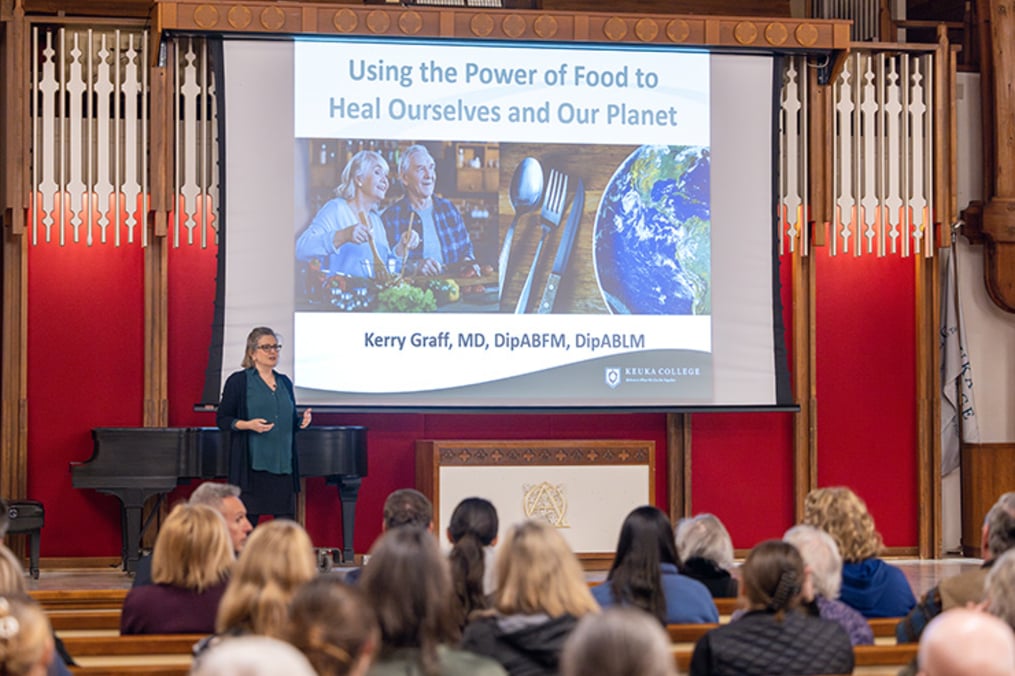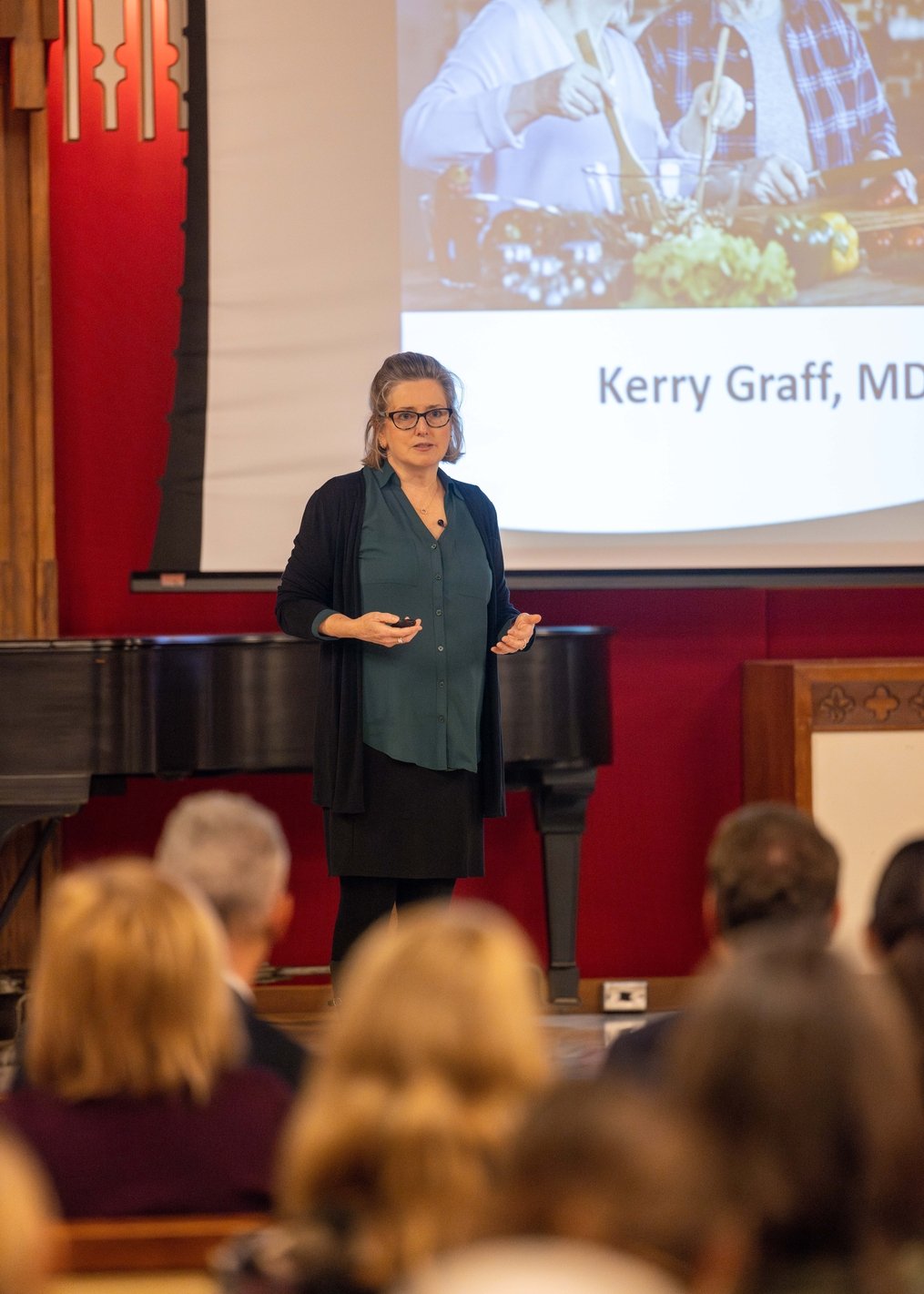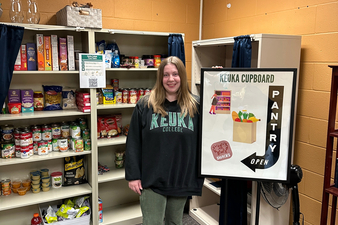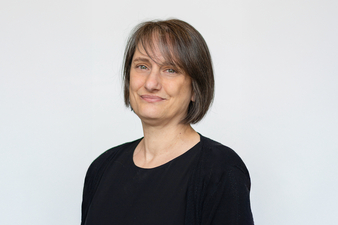It’s wholly appropriate that the acronym for the Standard American Diet is SAD, said lifestyle medicine consultant Dr. Kerry Graff, because what that diet does to the human body is just that: sad.
By contributing to ailments such as heart disease, stroke, diabetes, and autoimmune disorders, foods high in saturated fats and sugar – and woefully light on fruits and vegetables – have a hand in nine of the 10 top causes of death in the United States, she said.
The antidote: a whole food, plant-based diet.
Swapping processed foods for greens, grains, beans, and berries promotes physical, mental, and emotional health, said Dr. Graff, adding that studies have found the diet even promotes the body’s ability to kill off cancer cells.
“You’re influencing what happens to your genes by what you eat every day,” she said.
Talk about food for thought.
Dr. Graff shared the gospel of a whole food, plant-based diet with an audience of more than 100 on Wednesday, Nov. 15, during the Provost’s Distinguished Lecture at Keuka College.
The downsides of America’s unhealthy eating habits are stark: The U.S. spends at least twice as much on medical care as any other nation yet barely cracks the top 40 in terms of overall health. Heart disease, strokes, and diabetes are among the fatal diseases resulting from what Dr. Graff called “death by diet.” Osteoporosis, Alzheimer’s, kidney disease, and even depression are exacerbated by the standard American diet.
“It may not be the full cause of these,” said Dr. Graff, “but it’s a big contributor to all of them.”
It’s also a big contributor to global stress, she argued. Between overpopulation, overconsumption, sustained reliance on fossil fuels, and the industrial aftereffects of the beef, poultry, and pork industries, the human race is living unsustainably.
All of which is why a whole food, plant-based diet is so important, said Dr. Graff: It can help heal individuals and the planet (to paraphrase the title of her talk).
What is a whole food, plant-based diet? According to Dr. Graff, it consists of foods from plants, not animals, and includes fruits, vegetables, whole grains, beans, potatoes, nuts, and seeds. It avoids meat, dairy products, eggs, fish, and processed foods.
And no, one needn’t turn their menu inside-out in an effort to adhere strictly to this style of eating.
“I know it’s not possible to eat like this every meal,” said Dr. Graff. “What I tell my patients is, do as much as you’re willing and able.”
Still, Dr. Graff went on to provide a number of examples of the diet’s benefits, from Dr. Dean Ornish’s findings that lifestyle changes including a plant-based diet can reverse heart disease to Dr. Neal Barnard’s study showing the diet’s positive effects on Type 2 diabetes.
She also shared how changes to her diet had a profound personal effect on her own life and career. After experiencing tremendous health benefits by adopting a plant-based diet, Dr. Graff redirected her professional focus and, in 2017, became one of the nation’s first physicians to be board-certified in lifestyle medicine. The evidence-based specialty seeks to treat, prevent, and even reverse chronic disease through lifestyle choices.
Those choices can lead to a longer life. Just as importantly, Dr. Graff said, they can lead to a healthier, more active life – without the reliance on medications that she too often sees among her patients.
“People don’t get super excited and hug you when you give them their fourth blood-pressure medication and finally their blood pressure is under control,” she said. “But you get people feeling well, and they don’t need as much medicine, and it is the best!”














